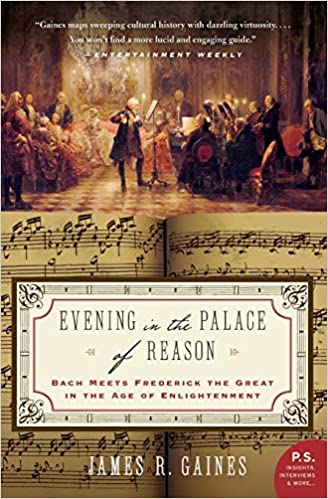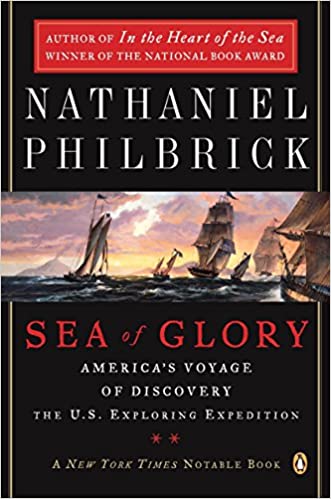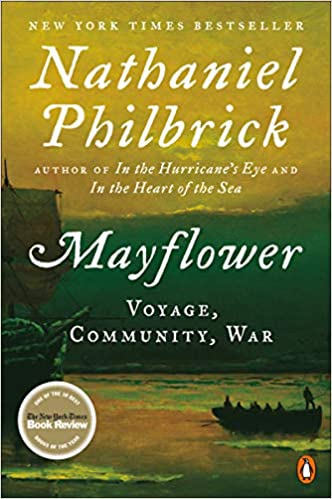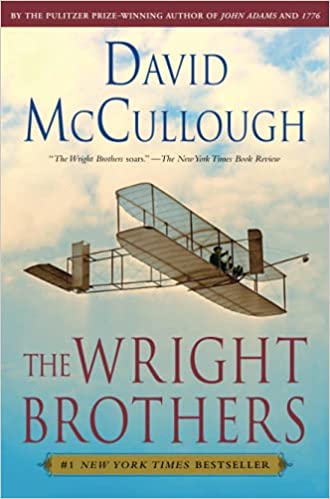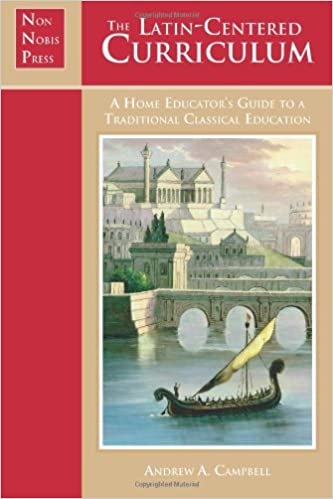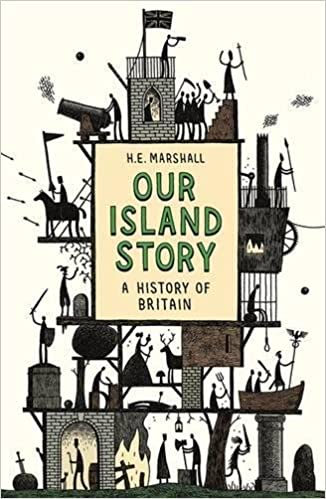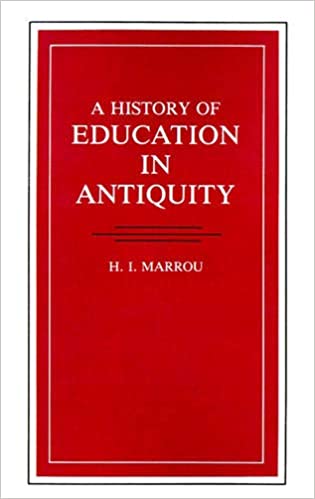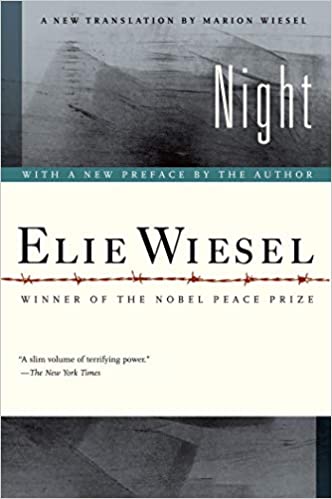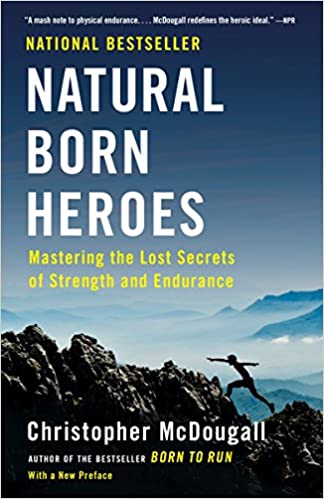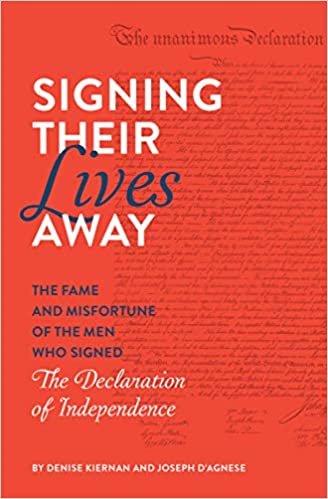The Histories
From Amazon: "Cicero called Herodotus "the father of history," and his only work, The Histories, is considered the first true piece of historical writing in Western literature. With lucid prose, Herodotus's account of the rise of the Persian Empire and its dramatic war with the Greek city sates set a standard for narrative nonfiction that continues to this day. Illustrated, annotated, and filled with maps—with an introduction by Rosalind Thomas, twenty-one appendices written by scholars at the top of their fields, and a new translation by Andrea L. Purvis—The Landmark Herodotus is a stunning edition of the greatest classical work of history ever written."
More info →Evening in the Palace of Reason: Bach Meets Frederick the Great in the Age of Enlightenment
Johann Sebastian Bach created what may be the most celestial and profound body of music in history; Frederick the Great built the colossus we now know as Germany, and along with it a template for modern warfare. Their fleeting encounter in 1747 signals a unique moment in history where belief collided with the cold certainty of reason. Set at the tipping point between the ancient and modern world, Evening in the Palace of Reason captures the tumult of the eighteenth century, the legacy of the Reformation, and the birth of the Enlightenment in this extraordinary tale of two men.
More info →Sea of Glory
America's first frontier was not the West; it was the sea, and no one writes more eloquently about that watery wilderness than Nathaniel Philbrick. In his bestselling In the Heart of the Sea Philbrick probed the nightmarish dangers of the vast Pacific. Now, in an epic sea adventure, he writes about one of the most ambitious voyages of discovery the Western world has ever seen—the U.S. Exploring Expedition of 1838–1842. On a scale that dwarfed the journey of Lewis and Clark, six magnificent sailing vessels and a crew of hundreds set out to map the entire Pacific Ocean and ended up naming the newly discovered continent of Antarctica, collecting what would become the basis of the Smithsonian Institution. Combining spellbinding human drama and meticulous research, Philbrick reconstructs the dark saga of the voyage to show why, instead of being celebrated and revered as that of Lewis and Clark, it has—until now—been relegated to a footnote in the national memory.
More info →Mayflower
How did America begin? That simple question launches the acclaimed author of In the Hurricane's Eye and Valiant Ambition on an extraordinary journey to understand the truth behind our most sacred national myth: the voyage of the Mayflower and the settlement of Plymouth Colony. As Philbrick reveals in this electrifying history of the Pilgrims, the story of Plymouth Colony was a fifty-five year epic that began in peril and ended in war. New England erupted into a bloody conflict that nearly wiped out the English colonists and natives alike. These events shaped the existing communites and the country that would grow from them.
More info →The Wright Brothers
On a winter day in 1903, in the Outer Banks of North Carolina, two brothers—bicycle mechanics from Dayton, Ohio—changed history. But it would take the world some time to believe that the age of flight had begun, with the first powered machine carrying a pilot.
Orville and Wilbur Wright were men of exceptional courage and determination, and of far-ranging intellectual interests and ceaseless curiosity. When they worked together, no problem seemed to be insurmountable. Wilbur was unquestionably a genius. Orville had such mechanical ingenuity as few had ever seen. That they had no more than a public high school education and little money never stopped them in their mission to take to the air. Nothing did, not even the self-evident reality that every time they took off, they risked being killed.
In this “enjoyable, fast-paced tale” (The Economist), master historian David McCullough “shows as never before how two Ohio boys from a remarkable family taught the world to fly” (The Washington Post) and “captures the marvel of what the Wrights accomplished” (The Wall Street Journal). He draws on the extensive Wright family papers to profile not only the brothers but their sister, Katharine, without whom things might well have gone differently for them. Essential reading, this is “a story of timeless importance, told with uncommon empathy and fluency…about what might be the most astonishing feat mankind has ever accomplished…The Wright Brothers soars” (The New York Times Book Review).
More info →The Latin-Centered Curriculum
From Cicero to C. S. Lewis, from Thomas Aquinas to Thomas Jefferson, the great minds of the West have been formed by a classical curriculum centered on Latin and Greek. Now you can give your children a traditional classical education at home with The Latin-Centered Curriculum. In a clear and readable introduction, The Latin Centered Curriculum surveys the history of classical education from the ancient Greeks through the 20th-century neoclassical revival. He demonstrates the central position of Latin in the traditional course of study and outlines the many benefits of placing the classical languages at the heart of the curriculum. Then he shares with you the secret of a superior education: multum non multa- not quantity, but quality. With helpful charts and detailed explanations, The Latin-Centered Curriculum guides you step by step with book and curriculum recommendations for each school subject from K-12. It shows you how focusing a few core disciplines-classical languages, mathematics, and composition-can revolutionize your home school. The best education is simple but deep.
More info →Our Island Story
Some of today’s greatest historians, including Antonia Fraser, found lifelong inspiration in H. E. Marshall’s classic. First published in 1905, it combines truth and legend to create a lively narrative history of England from the Roman era until Queen Victoria’s death. And this new illustrated edition, featuring vivid color art, is attractive and appealing. Every tale will capture the imagination of children and adults alike, including the myth of Albion and Brutus, in which the Roman gods first see the scept’rd isle; the founding of King Arthur’s Round Table; the Battle of Hastings, and the story of Bonnie Prince Charlie.
More info →A History of Education in Antiquity
H. I. Marrou’s A History of Education in Antiquity has been an invaluable contribution in the fields of classical studies and history ever since its original publication in French in 1948. French historian H. I. Marrou traces the roots of classical education, from the warrior cultures of Homer, to the increasing importance of rhetoric and philosophy, to the adaptation of Hellenistic ideals within the Roman education system, and ending with the rise of Christian schools and churches in the early medieval period. Marrou shows how education, once formed as a way to train young warriors, eventually became increasingly philosophical and secularized as Christianity took hold in the Roman Empire. Through his examination of the transformation of Greco-Roman education, Marrou is able to create a better understanding of these cultures.
More info →Story of the World, Text Bundle, Paperback Revised Edition: History for the Classical Child: Ancient Times through The Modern Age
Available in paperback, this four-volume narrative world history tells the story of the entire globe, from the earliest nomadic humans all the way to the Persian Gulf war at the end of the twentieth century. It now includes the Revised Edition of Volume 4.
Told in an entertaining, engaging style, The Story of the World uses the stories of women and men, countries and empires, rebels and rulers, peasants and presidents, to walk young readers through a continuous, chronological account of human events. The reading level of each volume increases slightly in difficulty, growing along with the developing ability of the children following the narrative thread. Volume 1 is a read-aloud for grades 1-2, an independent read for stronger readers in grades 2-5; Volume 2 is pitched towards grades 2-6; Volume 3 (revised in 2020), towards grades 3-6; and Volume 4 (revised in 2021), tackling the difficult topics of modern wars, has a reading level of grades 4-8. hundreds of black and white illustrations
More info →Night
Night is Elie Wiesel's masterpiece, a candid, horrific, and deeply poignant autobiographical account of his survival as a teenager in the Nazi death camps. This new translation by Marion Wiesel, Elie's wife and frequent translator, presents this seminal memoir in the language and spirit truest to the author's original intent. And in a substantive new preface, Elie reflects on the enduring importance of Night and his lifelong, passionate dedication to ensuring that the world never forgets man's capacity for inhumanity to man.
Night offers much more than a litany of the daily terrors, everyday perversions, and rampant sadism at Auschwitz and Buchenwald; it also eloquently addresses many of the philosophical as well as personal questions implicit in any serious consideration of what the Holocaust was, what it meant, and what its legacy is and will be.
More info →Natural Born Heroes: Mastering the Lost Secrets of Strength and Endurance
Christopher McDougall’s journey begins with a story of remarkable athletic prowess: On the treacherous mountains of Crete, a motley band of World War II Resistance fighters—an artist, a shepherd, and a poet—abducted a German commander from the heart of the Axis occupation. To understand how, McDougall retraces their steps across the island that birthed Herakles and Odysseus, and discovers ancient techniques for endurance, sustenance, and natural movement that have been preserved in unique communities around the world.
His search takes us scrambling over rooftops with a Parkour crew in London, foraging for greens with a ballerina in Brooklyn, tossing heavy pieces of driftwood on a Brazilian beach with the creator of MovNat—and, finally, to our own backyards. Natural Born Heroes will inspire readers to unleash the extraordinary potential of the human body and climb, swim, skip, throw, and jump their way to heroic feats.
More info →Signing Their Lives Away: The Fame and Misfortune of the Men Who Signed the Declaration of Independence
An entertaining and essential collection of stories about the surprising and strange fates of the fifty-six Founding Fathers who signed the Declaration of Independence.
More info →

